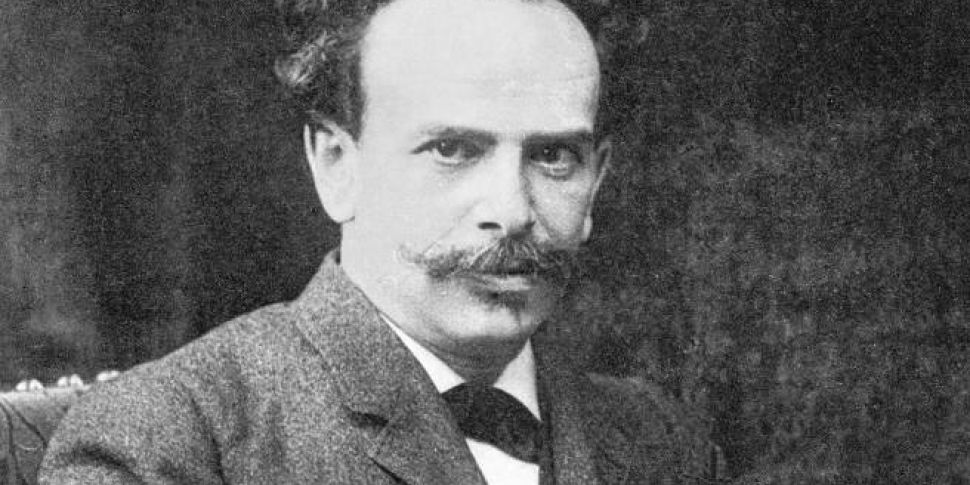Ethical Relativity

This harkens back to the concept of ethical relativity, the notion that the ethical and moral norms of a society cannot be judged by those exterior to the society itself, i.e., that there are no moral absolutes.
I’ve never understood how this is compatible with the underlying nature of the human animal. Can’t we say that torturing people for fun and lighting our wives on fire because we’re displeased with them is categorically wrong?
Of course, in the practicalities of the real world, the insistence on human rights becomes quite vague indeed. When the United States sees that there is gain to be made, we couldn’t care less about the wanton abuses of humanity that are occurring in Saudi Arabia, Brazil, Israel, China, Turkey, the Philippines, and even North Korea. However, we’re very good about standing up for humankind when there is nothing on the line.

Craig,
Since the end of the Second World the US has expended enormous wealth, energy and lives to keep the world relatively peaceful and promote freedom.
You do your nation a great disservice with your simplistic sneering at the lifetimes work of people who put there careers and lives on the line everyday, just so you have the freedom to disparage their efforts.